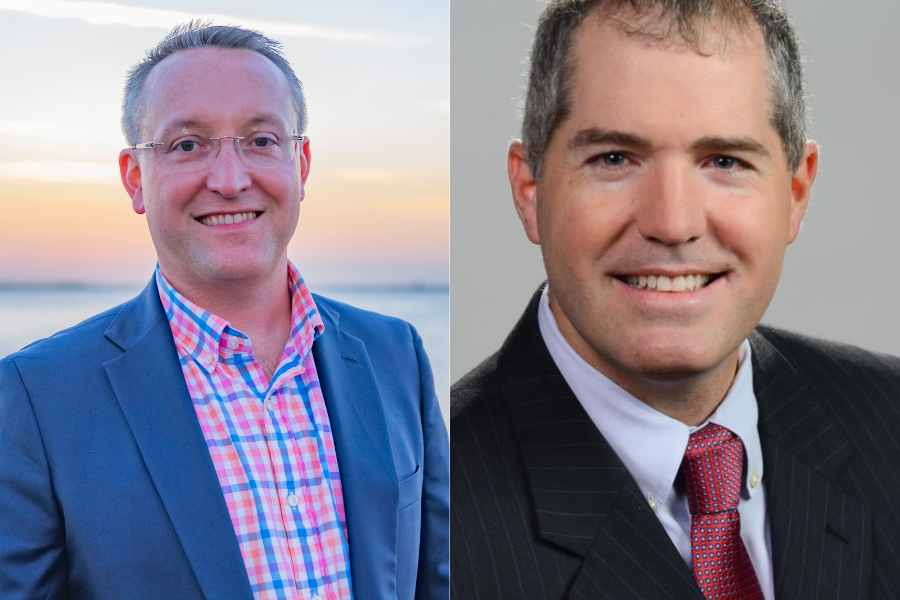How big wealth management firms should treat top-performing advisers to keep them happy
Those who excel should be paid better, allowed to thrive and grow, in an aspirational, transparent way that will be admired by peers, competitors, shareholders and regulators.
In past columns, I have been critical of the big firms’ inability to treat their best performers differently. I have hypothesized that the primary reason why advisers depart the employee model of the big firms to go independent is not financial but because they desire to be free of onerous policies and procedures that do not distinguish the skilled veteran from the neophyte.
I received an email which asked: “Okay, Sarch. You are the King of Big Brokerage House Land. How would you treat your best people differently to keep them happy?”
Fair question. But first we need a better, more accurate way of defining who those top performers are.
(More: We need a new vocabulary in the wealth management industry)
Of course, in the wealth management industry, size matters. Advisers are compensated and recognized based on the amount of revenue they generate and their assets under management. For the 30 years I have been recruiting in this industry, these criteria have not changed. Productivity and growth will always matter, and should matter. However, I suggest we add the following:
• Profitability: There are $2 million producers with one assistant and $2 million producers with four assistants. It’s not advanced calculus to figure out which earns the company more money. Every big firm counts “non-compensable revenue” which translates to “revenue which we proudly collect from the adviser’s clients but which we do not pay the adviser on.” If you do not actually pay your advisers on how profitable they are, at least recognize the best at running a practice like a business. Your branch managers are paid that way, so why not recognize and compensate the aggregate revenue generators that make up a branch that way?
• Customer satisfaction: Every consumer-based business polls its clients periodically to determine how happy they are with the services provided. The wealth management industry is no different. More specifically, the industry meticulously tracks assets in and assets out for the firm, culled down to the specific adviser. A certain level of turnover in a given practice is unavoidable and inevitable. However, some practices are just better at keeping clients satisfied. And like every business, wealth management practices have to balance the number of staff hired to service and grow the business with the need to actually be profitable.
• Investment performance: Every money manager tracks performance, as does every mutual fund. Every client asks about performance. Why not recognize the aggregate performance of a practice’s accounts when compared to appropriate indices? More and more advisers are running portfolios themselves, with discretion. Cynical Sarch does not believe that they all consistently outperform the markets.
Compliance record: As I’ve written in the past, Finra BrokerCheck is far from perfect and needs to reflect true malfeasance instead of mere accusations and decades old misdemeanors. That said, it is an accomplishment to have a clean record over a long period of time. These advisers are proud of their record and should be recognized and compensated for it. In addition, firms have coddled and protected big producers with poor compliance records for far too long.
Big firms have the capabilities to measure all of the criteria I describe. Do they have the will to pay a $1 million producer who checks all the other boxes more than the $1.5 million producer who does not? Those who excel in all categories should be paid better, allowed to thrive and grow, in an aspirational, transparent way that will be admired by peers, competitors, shareholders, and yes, even regulators. At the intersection of production, profitability, client satisfaction, investment performance and clean compliance are the true stars in the industry.
Perhaps big firms will trust these advisers with the ability to price their business the way that they want without penalties. Perhaps they will trust these advisers to talk with the press. And then perhaps the big firms will be able to slow the diaspora to independence and avoid becoming the proverbial frog in the boiling water, not recognizing the threat until it is too late.
Danny Sarch is the founder and owner of Leitner Sarch Consultants, a wealth management recruiting firm based in White Plains, N.Y.
Learn more about reprints and licensing for this article.








